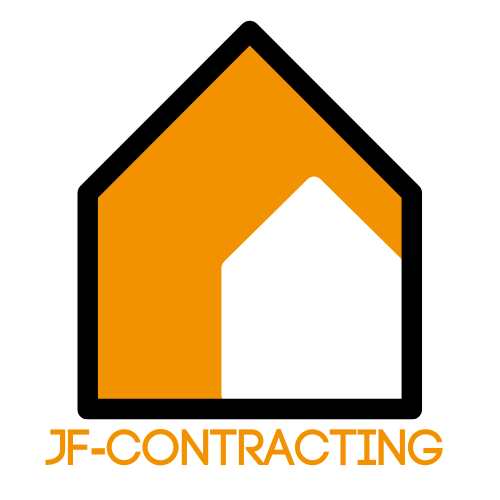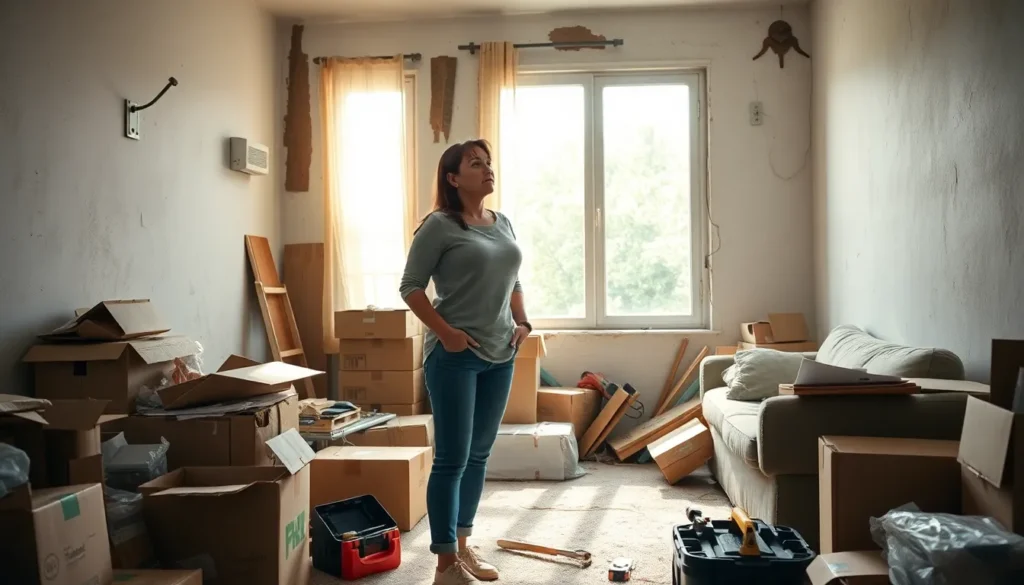In the world of real estate, a home inspection can feel like a first date—awkward moments, unexpected revelations, and the ever-present fear of finding something that could ruin the whole relationship. For realtors, mastering the art of guiding clients through this process is essential. After all, no one wants to be the one who sells a house with a leaky roof or a questionable foundation.
Understanding Home Inspections
A home inspection serves as an essential step in the real estate process. It provides a detailed evaluation of a property’s condition, identifying both major and minor issues.
What Is a Home Inspection?
A home inspection involves a qualified inspector assessing a property for structural integrity, safety, and functionality. Inspectors examine various aspects such as plumbing, electrical systems, roofing, and foundations. Typically, this process includes a visual inspection, where the inspector looks for signs of damage or disrepair. Inspection reports highlight concerns that may affect the home’s value, granting buyers critical insights before making a purchase decision.
Why Are Home Inspections Important for Realtors?
Home inspections play a vital role in real estate transactions. For realtors, these evaluations help identify potential issues that could influence negotiations. Knowing a property’s condition allows realtors to provide accurate guidance to their clients. Effective communication about inspection findings facilitates transparency, building trust between realtors and clients. Moreover, understanding the inspection process can prevent surprises during closing, ensuring smoother transactions.
Preparing for a Home Inspection
Realtors play a crucial role in preparing clients for home inspections. They need to guide their clients through essential steps and gather the right documents.
Key Steps for Realtors
Realtors should schedule the inspection promptly after a purchase agreement is signed. This timing allows clients to address issues before closing. It’s important to communicate openly with the inspector about specific concerns or areas to focus on. Encouraging clients to accompany the inspector promotes understanding and clarifies findings on-site. Preparing a list of common issues to anticipate helps set realistic expectations. Lastly, reviewing the inspector’s credentials ensures professionalism and a thorough evaluation.
Essential Documents to Gather
Realtors must collect several key documents before a home inspection. The seller’s disclosure statement highlights known property issues, providing vital insights. Previous inspection reports reveal past problems and their resolutions. Home warranties, if available, list covered systems or appliances. Municipal records, such as permits, offer information on renovations or repairs. Gathering these documents fosters transparency and equips clients with necessary information, enhancing their confidence in the process.
Common Issues Found During Inspections
Home inspections often reveal various issues that can significantly impact property transactions. Realtors play a crucial role in identifying and addressing these concerns to facilitate smoother deals.
Structural Concerns
Structural integrity is paramount for any home. Inspectors frequently find cracks in foundations, which can signal underlying problems. Roof issues often arise, including missing shingles or sagging areas that indicate water damage. Windows and doors may exhibit signs of uneven settling, affecting energy efficiency and aesthetics. Inspectors also check for signs of mold or pest infestations in structural components. Addressing these issues proactively can prevent major disruptions during negotiations.
Electrical and Plumbing Issues
Electrical problems often surface during inspections. Outdated wiring can pose significant safety risks, leading inspectors to recommend updates or replacements. Light switches and outlets that lack ground faults may require immediate attention. Plumbing concerns also frequently emerge, including leaks and corroded pipes that may affect water quality. Inspectors usually evaluate water pressure and drainage efficiency, identifying areas in need of repair. It’s essential to address these electrical and plumbing issues proactively to maintain the property’s value and ensure buyer confidence.
Tips for Realtors During the Inspection Process
Realtors can enhance the home inspection experience significantly by implementing effective strategies. Prioritizing communication and guidance ensures that clients feel supported throughout the process.
Communicating with Home Inspectors
Effective communication with home inspectors fosters a smooth inspection process. Realtors should provide inspectors with any specific concerns voiced by the clients, ensuring that all issues are addressed. Asking questions during the inspection not only clarifies findings but also deepens the realtor’s understanding of potential problems. Additionally, keeping an open line of communication allows realtors to relay crucial information to clients promptly. Establishing rapport with inspectors often leads to more thorough evaluations and better insights for both the realtor and the homeowner.
Guiding Homeowners
Guiding homeowners through the inspection process builds their confidence and understanding. Realtors should encourage clients to attend the inspection, allowing firsthand observation of findings. This attendance helps clients grasp the implications of various issues reported. Additionally, discussing likely repair needs and costs ahead of time prepares homeowners for future negotiations. Providing a detailed checklist of common inspection issues also sets realistic expectations. Offering reassurance throughout the process instills trust, enabling a smoother transaction overall.
Post-Inspection Follow-Up
Post-inspection follow-up is critical for realtors to ensure buyers understand the implications of the inspection report and to guide their next actions effectively. This phase solidifies the realtor’s role as a trusted advisor.
Analyzing Inspection Reports
Inspectors provide detailed reports outlining property conditions. Each section contains observations on structural integrity, electrical systems, and plumbing issues. Realtors should review these reports carefully to identify significant concerns that may affect negotiations. Highlighting repair needs can prompt informed discussions with clients. Understanding the language of inspection reports empowers realtors to interpret findings accurately. By breaking down complex terms, realtors simplify the report for clients.
Advising Clients on Next Steps
Realtors play a key role in advising clients after receiving an inspection report. Discussing the reported issues is essential for guiding buyers on potential repairs or adjustments. Focusing on critical concerns helps prioritize what needs immediate attention. Presenting repair cost estimates creates a clearer picture of financial commitments. Additionally, suggesting a follow-up inspection after repairs ensures transparency and confidence in the property’s condition. Encouragement to communicate openly about any concerns fosters a supportive environment, ultimately leading to better decision-making.
Navigating the home inspection process is essential for realtors aiming to facilitate successful transactions. By understanding the intricacies of inspections and effectively guiding clients, realtors can help prevent unexpected issues from derailing deals. Open communication with inspectors and clients fosters a transparent environment that builds trust.
Proactive follow-up after inspections ensures that clients are well-informed about any concerns and can make educated decisions. This comprehensive approach not only enhances the home buying experience but also positions realtors as invaluable advisors throughout the process. Ultimately, a well-handled home inspection can lead to smoother transactions and satisfied clients.










